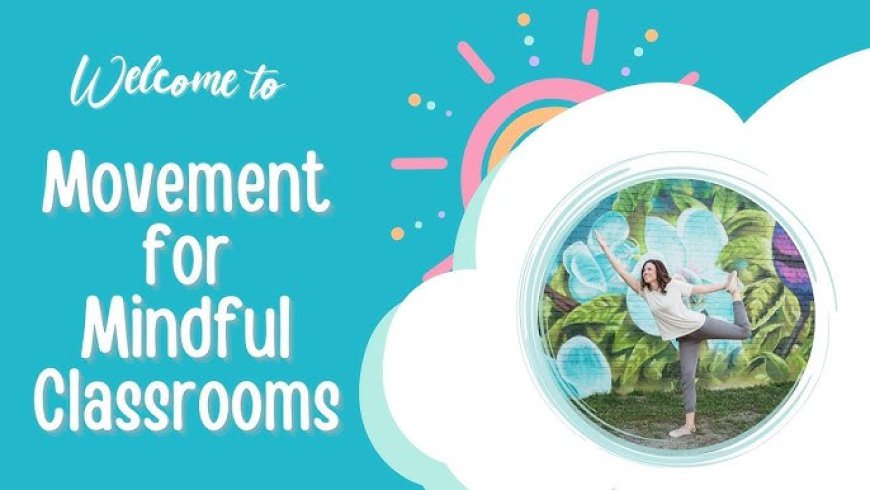In the bustling world of education, a quiet revolution is taking place - the integration of mindfulness practices into classrooms.
This shift is not just about calming the chaos; it's about enhancing focus, well-being, and creating an optimal environment for learning. Let's explore the profound effects of mindfulness practices in the classroom.
1. Improved Concentration:
Mindfulness helps students develop the ability to concentrate on tasks by training their minds to stay present, reducing distractions and increasing attention spans.

2. Stress Reduction:- Mindful Classrooms
Classroom pressures can be overwhelming. Mindfulness practices provide students with tools to manage stress, promoting a calmer and more positive learning environment.
3. Enhanced Emotional Regulation:
By fostering emotional awareness, mindfulness equips students with the skills to regulate their emotions, leading to better conflict resolution and improved social interactions.
4. Increased Self-Awareness:
Mindfulness encourages self-reflection, allowing students to understand their thoughts and emotions better. This self-awareness contributes to personal growth and improved decision-making.
5. Better Academic Performance:- Mindful Classrooms
A focused and stress-free mind is more receptive to learning. Mindfulness practices have been linked to improved academic performance, as students engage more effectively with their studies.
6. Cultivation of Empathy:
Through mindfulness, students develop a deeper understanding of others' perspectives, fostering empathy and creating a more compassionate classroom community.
7. Stress-Free Testing:
Mindfulness techniques, such as deep breathing, help students manage test anxiety, enabling them to approach assessments with a calm and focused mindset.
8. Improved Sleep Quality:
Quality sleep is essential for learning. Mindfulness practices contribute to better sleep patterns, ensuring students are well-rested and ready to tackle the challenges of each day.
9. Boosted Resilience:
Mindfulness teaches students to approach challenges with a resilient mindset. They learn to bounce back from setbacks and view failures as opportunities for growth.
10. Lifelong Coping Skills:
The benefits of mindfulness extend beyond the classroom. Students acquire lifelong coping skills, preparing them for the challenges of the future and promoting overall well-being.
In conclusion, integrating mindfulness practices into the classroom is not just a trend; it's a transformative approach to education. By nurturing the mind, we empower students to navigate the complexities of life, fostering a generation of resilient, focused, and emotionally intelligent individuals.
Follows Us for More Updates
Like Us on Facebook Page :
Click Here
Like Us on Instagram :
Click Here






























